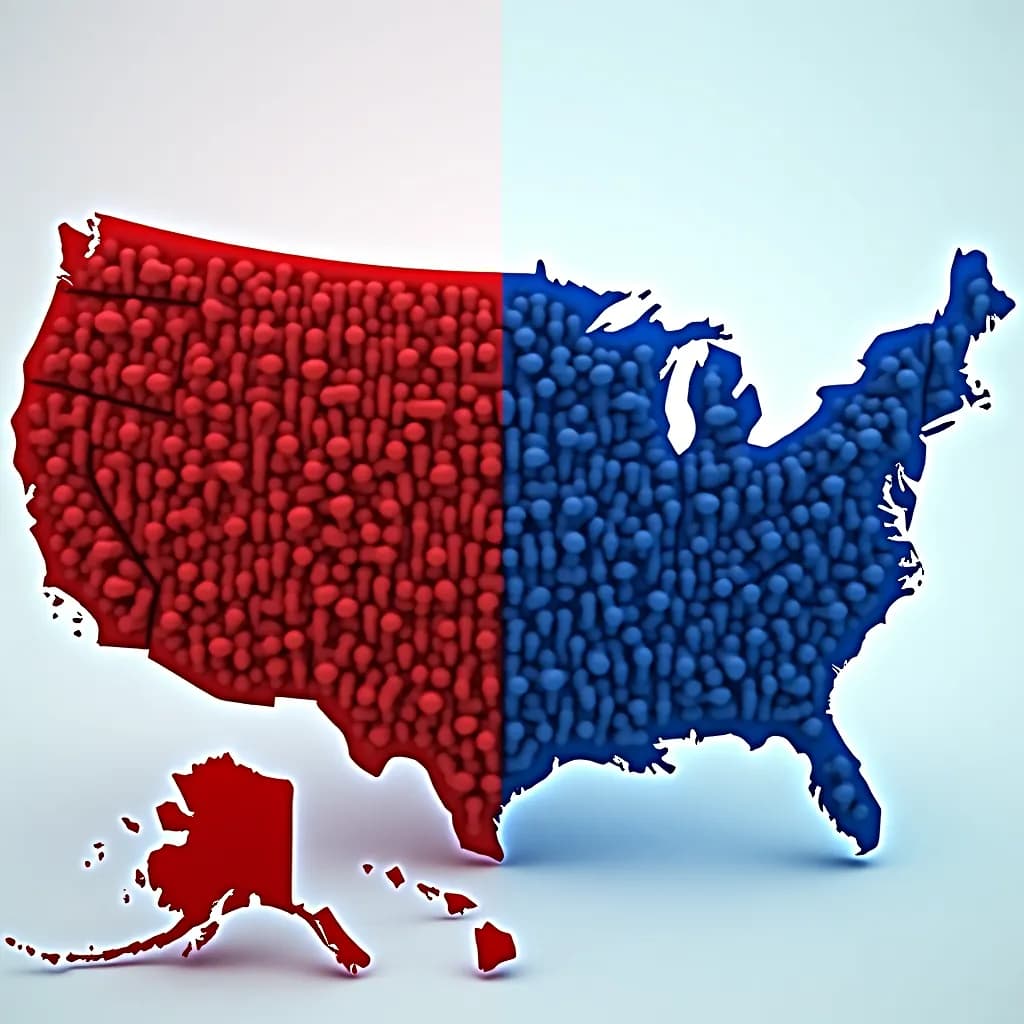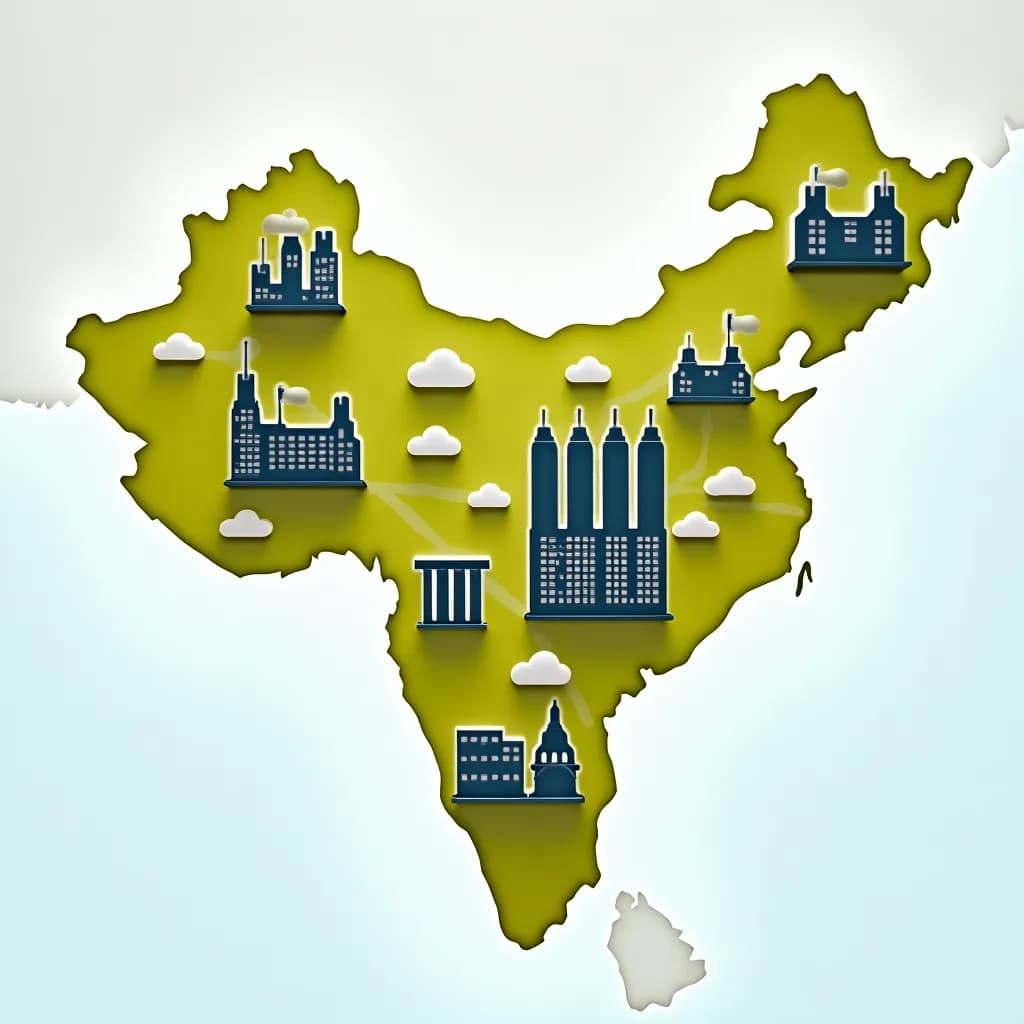Navigating the Societal Impact of Political Polarization in America
Political polarization in the United States has reached levels not seen in decades, increasingly affecting societal cohesion and public discourse. As partisan divides deepen, understanding the roots and implications of this polarization becomes crucial for fostering a more unified society. This article delves into the societal impact of political polarization, examines its causes, and explores potential pathways to bridge these divides.
The Rise of Political Polarization
Over the past few decades, American politics has become markedly more polarized. According to a 2023 Pew Research Center study, the ideological gap between Democrats and Republicans is wider than it has been at any point in the last 50 years. This widening gap is characterized by an increase in partisanship, where individuals align more strongly with their political parties, often leading to an "us versus them" mentality.
Several factors contribute to this phenomenon:
- Media Influence: The rise of 24-hour news cycles and social media platforms has amplified partisan rhetoric, often presenting issues in a binary manner that exacerbates divisions.
- Gerrymandering: The drawing of electoral district boundaries to favor one party over another has entrenched political power, reducing incentives for compromise and moderation.
- Economic Inequality: Growing economic disparities have fueled populist movements on both ends of the political spectrum, intensifying ideological divides.
Societal Implications
The societal effects of political polarization are profound and multifaceted:
- Social Fragmentation: Political polarization contributes to social fragmentation, where communities and families find themselves divided along political lines. A 2022 Gallup poll found that 45% of Americans have stopped talking to someone due to political disagreements.
- Decline in Trust: Trust in institutions, including government, media, and even science, has eroded significantly. This skepticism is often fueled by partisan narratives that cast doubt on the credibility of these institutions.
- Civic Engagement: While polarization can lead to increased political activism, it may also result in apathy or disengagement among those who feel alienated by extreme partisan politics.
Bridging the Divide
Addressing the societal impact of political polarization requires a multi-faceted approach:
- Promoting Media Literacy: Enhancing media literacy can empower individuals to critically evaluate information and recognize bias, reducing the influence of polarized media narratives.
- Encouraging Bipartisanship: Political leaders and policymakers must prioritize bipartisanship, seeking common ground on key issues to promote unity and effective governance.
- Community Engagement: Initiatives that engage communities in dialogue and collaborative problem-solving can foster understanding and mitigate political divisions at the grassroots level.
Conclusion
Political polarization in America presents significant challenges to societal cohesion and democratic governance. However, by understanding its roots and implications, and by actively seeking to bridge divides through media literacy, bipartisanship, and community engagement, it is possible to foster a more cohesive society. As citizens, policymakers, and community leaders work together, they can create pathways to a more unified and resilient America.







